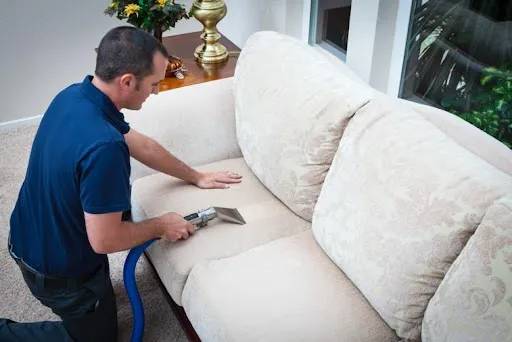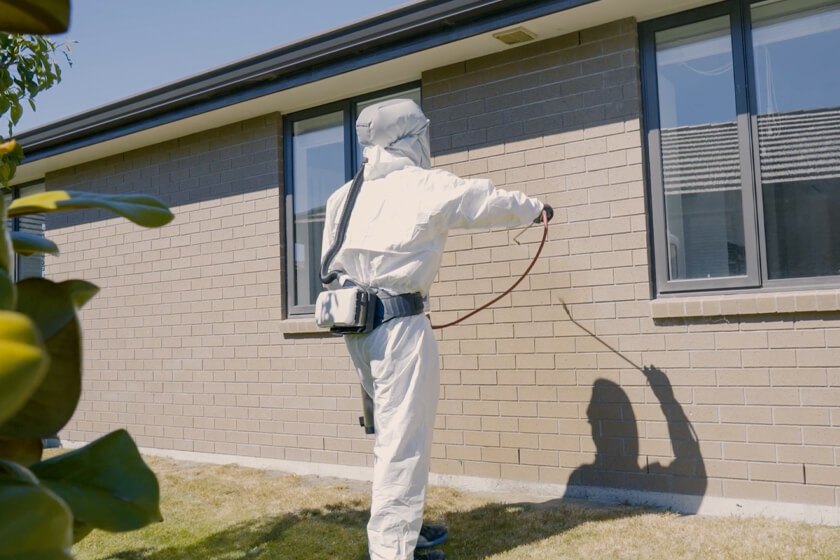
Wouldn't life just be so much easier if all Kiwi homes were watertight, glasses of water couldn't be knocked over, and dogs were always considerate and peed outside only? Well unfortunately life here on Earth is perfectly imperfect, throwing us curveballs to keep us on our toes and support one another. This means that sometimes our much-loved furniture can get water damage – whether a bath has overflowed from the floor above, or a tropical storm has decided to visit and that hole in your roof has shown its true colours. Now, your L-shaped couch that comforts you as you cry to your favourite drama is all soaked – and it smells. As if life wasn't hectic enough already!
But it's not the end of the world, not even close. Not only do you have our fantastic team with innovative equipment, just a phone call away, but you harness the power to get onto cleaning and drying yourself so that you can get back to your daily routine as fast as possible.
The top tip to remember when it comes to water-damaged upholstery is that the sooner you begin removing water, the better prevention you put in place against the growth of mould and mildew. If you have a wet/dry vacuum cleaner, you can use this to remove any excess water from your wet furniture.
Before getting into the nitty gritty of cleaning – check the label of your soaked furniture – can it be cleaned with water? Certain types of materials, such as wool or silk, require unique cleaning methods.
Grab a clean and dry towel, and gently blot the wet upholstery, being careful not to rub as this can damage the fabric.
As long as your upholstery can be cleaned with water, grab a cleaning solution – whether that be a store-bought upholstery cleaner, or simply a few drops of dishwashing liquid and warm water – apply this to your furniture.
Once your cleaning solution is thoroughly applied to your furniture, grab a clean damp towel and dab the fabric gently. Then repeat this with a dry towel until the furniture is as dry as you can get it.
What's the best way to get water out of anything? Airflow! Open up all your windows and doors to get a nice level of airflow throughout your home, and in particular the room with the wet furniture. You can further aid this drying process with the use of fans or dehumidifiers, but make sure to avoid any heat or sunlight as this can cause the fabric to shrink and fade.
If you've gone through these steps and your beloved couch is back to normal – well done to you! Grab a warm cup of tea and sit back and relax! But perhaps you've given DIY upholstery cleaning and your couch still isn't quite as dry as it should be – well no need to panic, you can either repeat the process again, or if you're ready to throw the towel in and grab a glass of wine – go ahead, and then feel free to give us a call, we can take care of the rest!
Learn more about our flood restoration services and read on more helpful tips on how to protect your carpets, how to recover from a flood and how to treat stains!

Stop infestations before they start. Discover how regular pest inspections identify early risks, protect your home’s structure, and save you money in the long run.

Stop risking damage! We debunk common carpet myths that can void your warranty and speed up re-soiling. Discover why professional hot-water extraction is essential to genuinely protect your investment, improve air quality, and extend your carpet's life.

Not sure when to call a pro for pests like flies, ants, or rats? Find out when it's time to get certified pest control experts in New Zealand to handle the infestation.